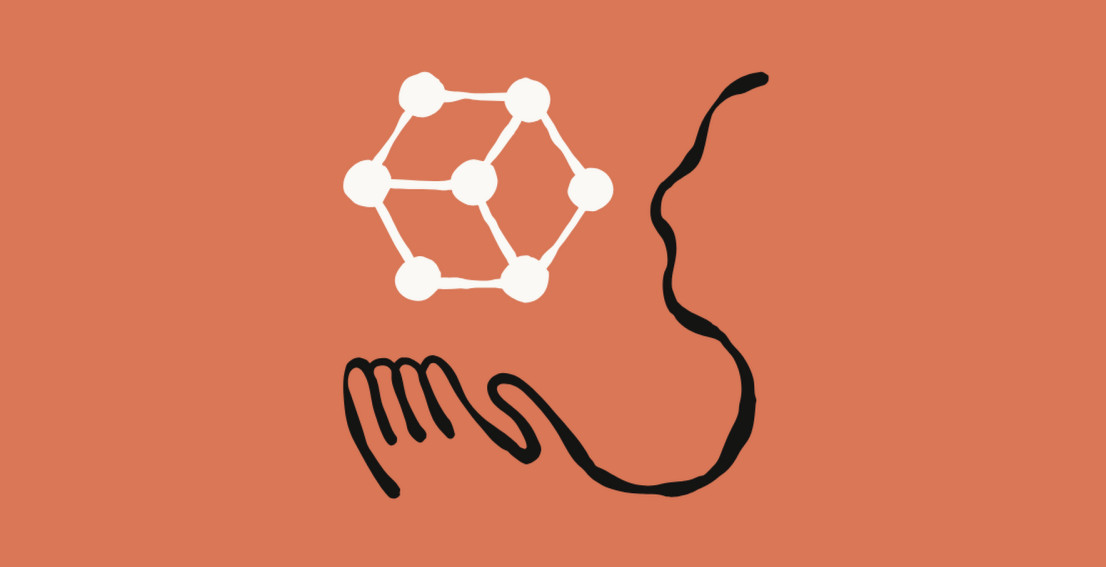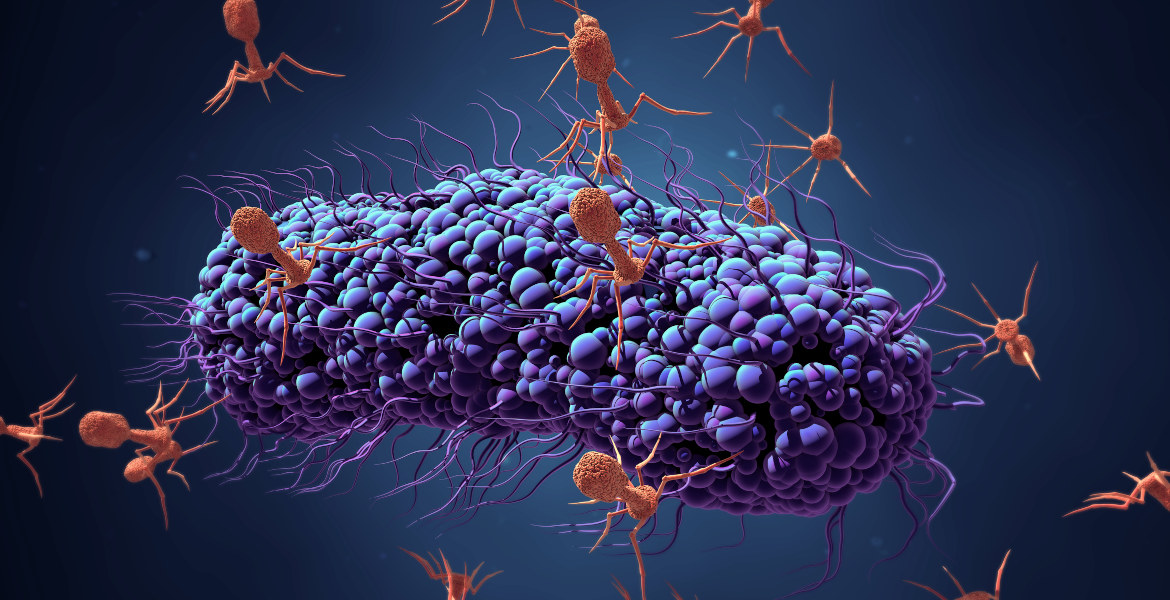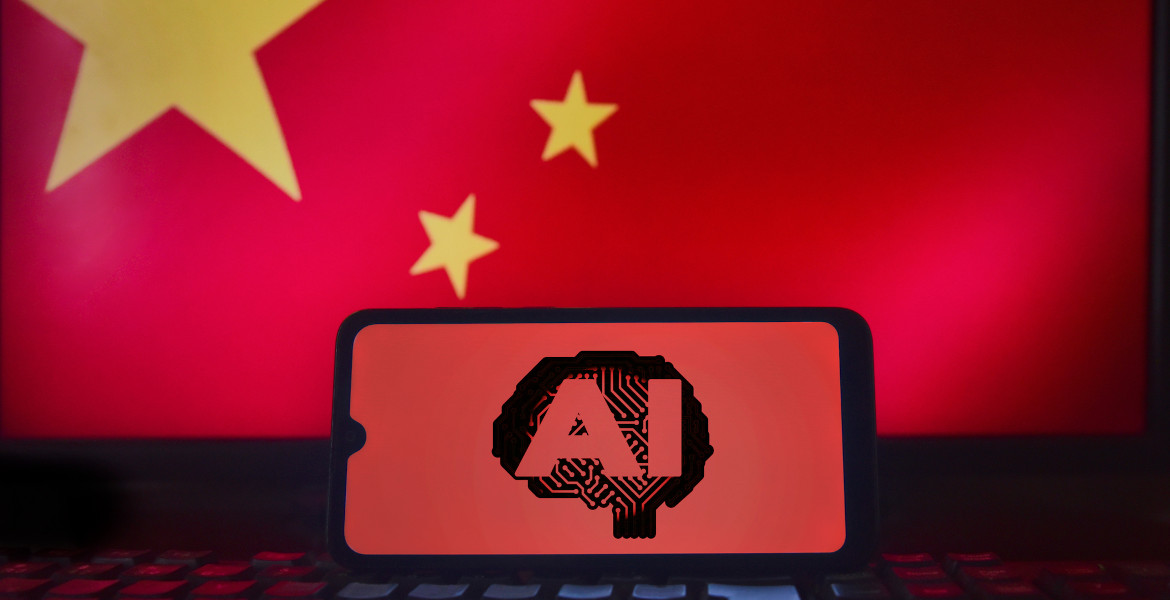The upcoming book “Gods of data” examines AI from a religion-critical perspective. Carl Öhman, researcher at the Department of Government at Uppsala University in Sweden, argues that today’s AI systems can be compared to humanity’s relationship with gods – and researches what would happen if power were completely handed over to AI.
As AI has developed, the tool that was initially used as a more personal version of Google has now also taken a place as an advisor in homes. AI is increasingly being used to ask more personal questions, such as healthcare advice, psychology and even as relationship counseling.
Öhman argues that AI has begun to become like gods, that is, a “kind of personified amalgamation of society’s collective knowledge and authority”, and in a research project he studies what humanity would lose if it allowed itself to be completely governed by technology – even a flawless one.
In a thought experiment, he explains how AI can affect, for example, a couple in everyday life who have started arguing due to different values, who get help from an AI relationship counselor.
— They ask: ‘Hi, should we continue being together?’ The AI has access to all their data: their DNA, childhood photos, everything they’ve ever written and searched for and so on, and has been trained on millions of similar couples. It says: ‘with 98 percent probability this will end in catastrophe. You should break up with each other today. In fact, I’ve already found replacement partners for you who are much better matches’, he says in the Research Podcast.
Buying security
Öhman argues that even if there are no rational reasons why the couple shouldn’t obey the AI and break up, one gets a feeling here of having lost something. And in this particular case, the couple would lose faith in themselves and their relationship.
— Love is always a risk. All interpersonal relationships involve a risk of being betrayed, saddened, that something goes wrong. We can absolutely use technology to minimize that risk, perhaps even completely reduce it. The point is that something is then lost. We sell our ability to be brave and buy security from the machines, he says.
World daddy in AI form
The research project also examines other relationships where AI has taken an increasingly larger role, for example parenthood. Today there are a number of AI apps designed to help adults handle their relationship with their children. Among other things, this can involve AI giving personalized responses or trying to prevent conflicts from arising.
— Just like in the example of the young loving couple, something is lost here. In this particular chapter I use Sigmund Freud and his idea that belief in God is a kind of refusal to be an adult. That there is some kind of world daddy who ultimately always has the right answers. And here it becomes somewhat the same. There is a world daddy in the form of AI who then becomes the real parent in your relationship with the children. And you increasingly identify as a kind of child to the AI parent who has the final answers, he says.
Handing over power over ourselves
Öhman argues that it might feel nice to be able to avoid getting your heart broken, or to prevent conflicts with your children, but that one must be aware that there is a price when AI gets the power. He argues that when people talk about AI coming and taking over, it often happens violently and that “the machines come and take our lives from us.”
— But the point in my book, and this project, is that it is we who hand over power over our lives, our courage, faith, and ultimately ourselves, he says.






